Evidence of World War III quietly emerging in the background
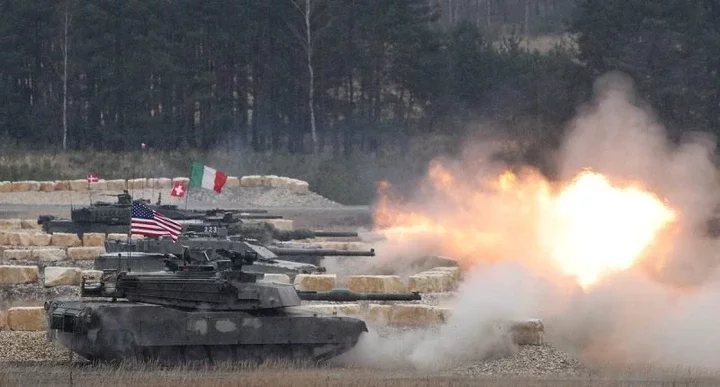
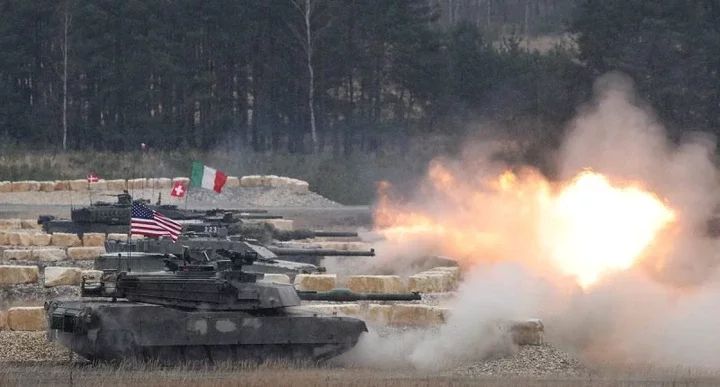
A DHL aircraft explodes while flying in the air. An explosion occurs at a US military base in Germany. US Treasury emails are taken over by hackers. The undersea data cables connecting America and Europe are forcefully broken apart.
These events may sound like the beginning of a movie plot, but a recent alarming report from a prominent US think tank reveals that these covert attacks are actually being meticulously planned and carried out by Russia against the United States and European nations.
The Center for Strategic and International Studies (CSIS) has highlighted that Russia’s strategy involves engaging in a ‘shadow war’ in order to exert pressure on the West to reduce its level of support for Ukraine. The center’s findings indicate a significant increase in attacks on various targets in Europe, including transportation and infrastructure, with the number of incidents tripling last year.
America sits thousands of miles from where the attacks occurred, but report author Seth Jones says Moscow has already unleashed cyber chaos on the US and has started to target US military bases and infrastructure in Europe.
For some, Russia’s escalating cyberattacks on NATO members mark an early phase of what could snowball into a full-blown conflict, stoking fears of World War III and an apocalyptic frenzy of nuclear launches.
The 19-page report comes as President Donald Trump negotiates with Russian counterpart Vladimir Putin over ending the war in Ukraine. Trump appears much more open to working with Moscow than his predecessor Joe Biden.
While there’s a chance that reaching a Russia-Ukraine peace deal eases tensions and leads to fewer stealth attacks by Russia in Europe, many analysts fear it will serve to embolden Putin to become more aggressive.
Such worries are held by many, including members of the Republican Party, which until recently took a more hawkish approach to its Cold War-era foe and appeared more willing to fund European military defenses.
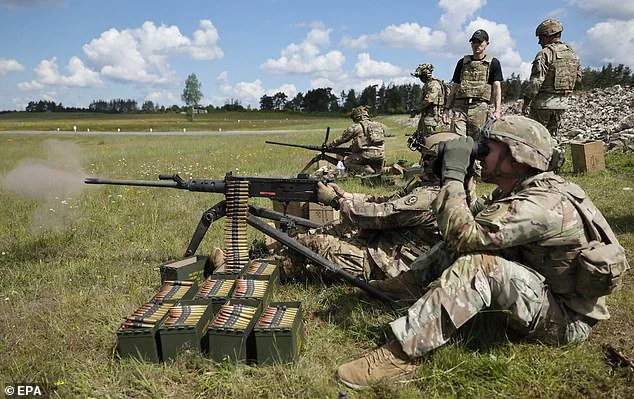
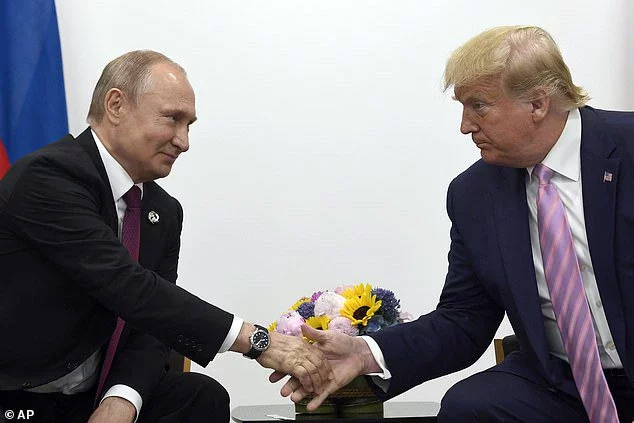
Jones, a former Pentagon official, says covert Russian attacks across Europe and on US interests there have risen sharply, but are calibrated to avoid a full-blown confrontation – for now.
‘We’re not close to World War III – these actions are designed to intimidate, coerce, deter, and cause fear. They’re not causing millions of dollars of damage or large numbers of deaths,’ Jones told DailyMail.com.
‘The bigger concern is some kind of Russian victory in Ukraine, creating an environment with a wider arms race.’
He describes a sharp uptick in stealth Russian attacks in Europe since Russian forces invaded Ukraine in February 2022, prompting NATO members to boost arms and cashflow to the embattled nation.
It’s one of the first reports to quantify the scale of Moscow’s covert campaign, which targets undersea cables, warehouses, and railways.
It found that Russian attacks in Europe quadrupled from 2022 to 2023 and then tripled again from 2023 to 2024.
Among them was a plot last year to put incendiary devices in packages on cargo planes headed to North America, including one that caught fire at a courier hub in Germany and another that ignited in a warehouse in England.
In another, Finland in December seized a Russian oil tanker that was suspected of using its anchor to damage a power cable running between the Nordic country and Estonia, two Russian neighbors with tense relations with Moscow.
People who have been killed as part of the covert campaign, such as a former Russian helicopter pilot in Spain, were mainly defectors, the report said.
But in a sign of escalation, Moscow last year plotted to kill the boss of a German arms maker that supplies Ukraine.
US installations in Europe have also come under the crosshairs.
Three men, all German-Russian nationals, were charged in December by German authorities with spying on US military bases in the country for Moscow.
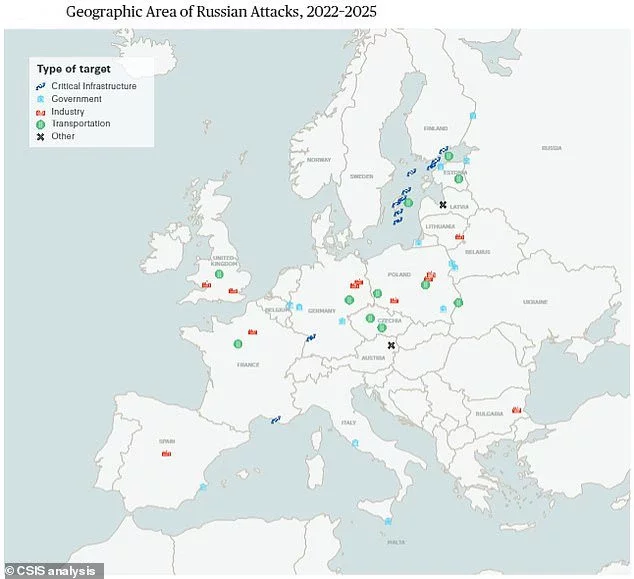


That alleged plot involved causing explosions and blazes at Grafenwoehr, where the US trains Ukrainian forces.
Closer to home, Russian hacking units – with names like Cozy Bear and Midnight Blizzard – have launched a series of cyberattacks, including targeted spear-phishing emails to individuals in government, academia, defense, and other sectors.
One of them breached software made by Texas-based SolarWinds, giving hackers access to emails at the US Treasury, Justice and Commerce departments, and other agencies.
Researches found that roughly 27 percent of the documented attacks in Europe were against trains, vehicles, airplanes and other transportation targets, while another 27 percent were against military bases, officials, and other governmental targets.
The rest were aimed at pipelines, undersea fiber-optic cables, electricity grids, and industrial targets, such as defense firms. Often, attacks were directed at people and companies involved in supporting Ukraine’s war effort.
They’re carried out by Russia’s military intelligence service, the GRU, and other spy agencies, which enlist locals to carry out attacks. They use a ‘shadow fleet’ of commercial ships to drop anchor and tear up undersea cables.
There are signs Moscow has scaled back its covert attacks since Trump returned to the White House in January, reversing US policy by making diplomatic overtures to Russia.
That shift led to a tense exchange between Trump and and Ukrainian President Volodymyr Zelensky in the Oval Office last month, after which the US cut military and intelligence support to Kiev.
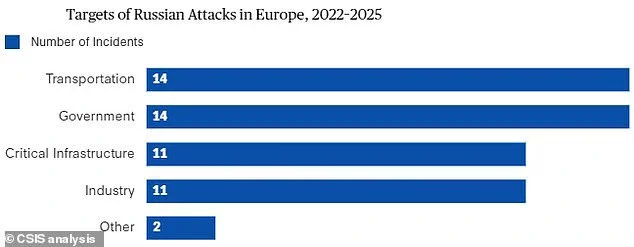
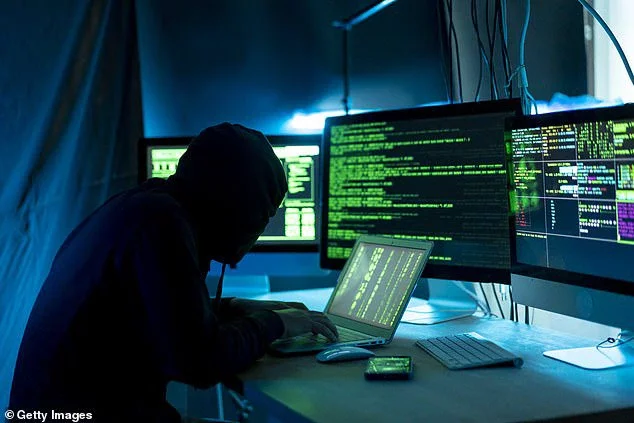
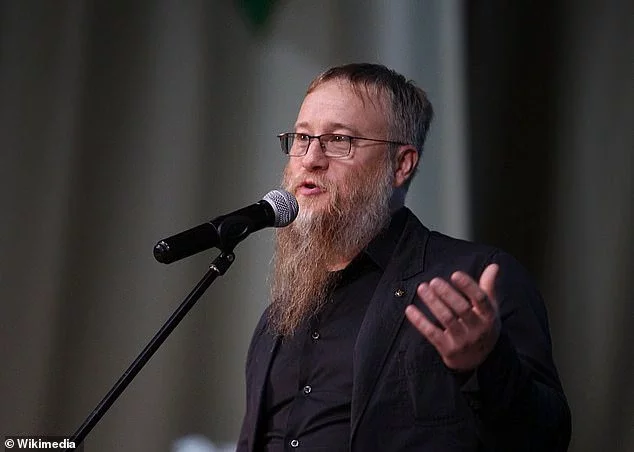
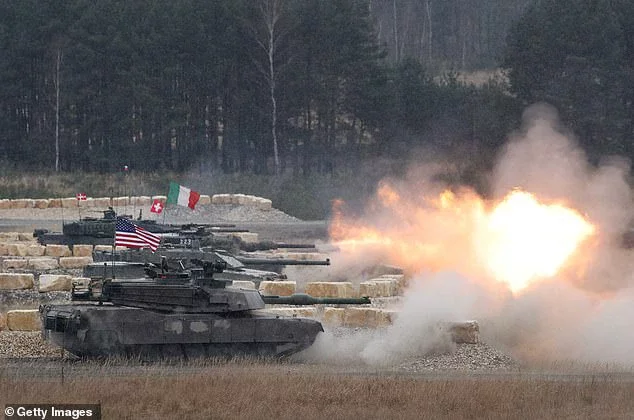
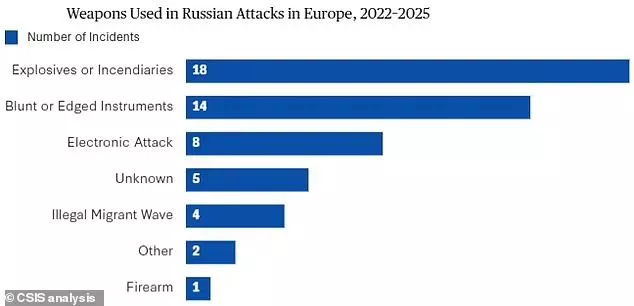
Jones says he supports Trump’s diplomatic outreach, but questions whether Putin is serious about peace or buying time, as Russian forces press for gains in eastern Ukraine and carry out stealth attacks elsewhere.
‘I’m not going to hold my breath for the Russians to suddenly change from the malign actor we’ve seen them as, in instances like sabotage in Europe, to suddenly being a benign one,’ he said.
Likewise, Steve Sestanovich, a fellow at the Council on Foreign Relations and a US envoy to the ex-Soviet Union from 1997 to 2001, says it will take more than diplomacy to improve Russia’s behavior.
‘It’s one thing for Trump to encourage Putin to think he might, by changing his policies, be welcomed back into international polite society,’ Sestanovich told DailyMail.com.
‘It’s quite another to make him think he can do so without changing them.’





